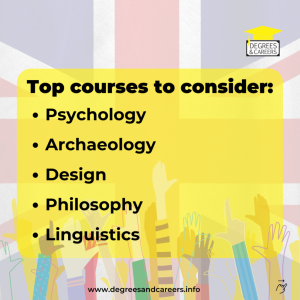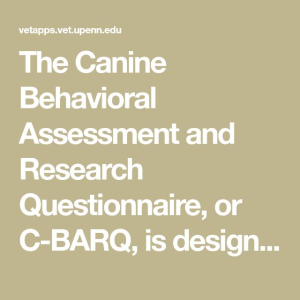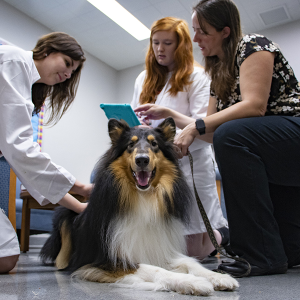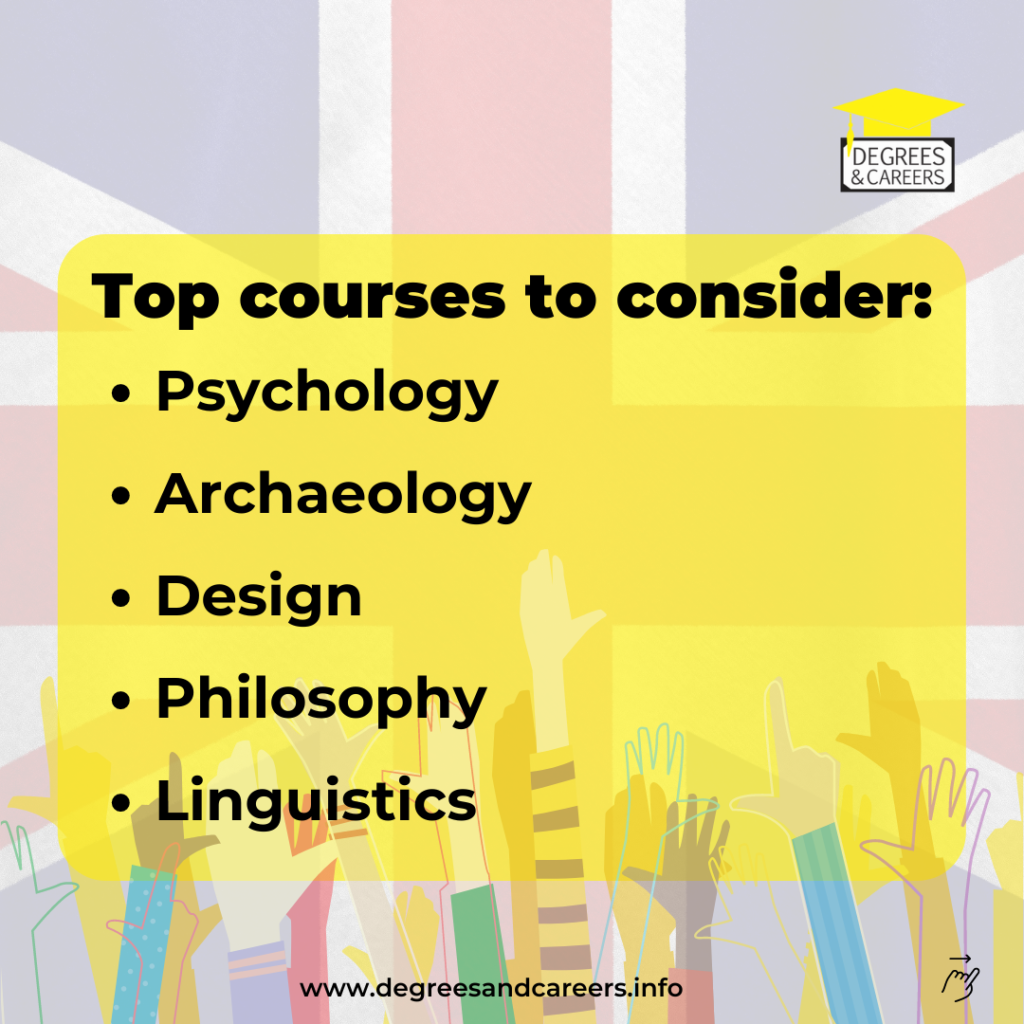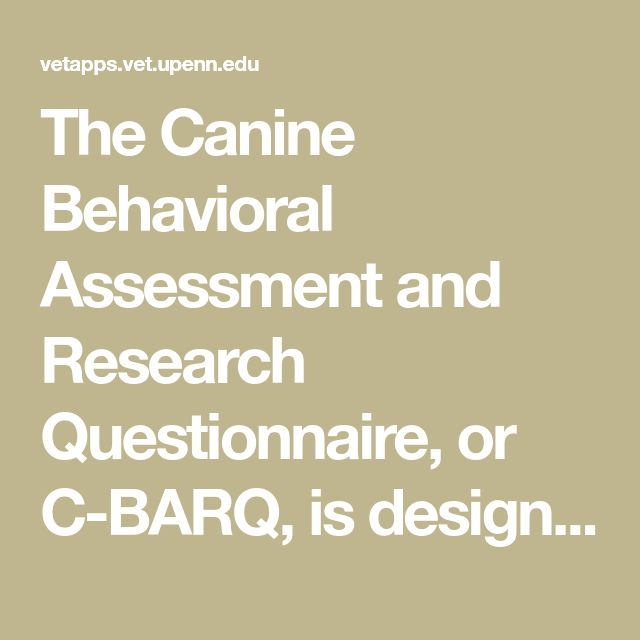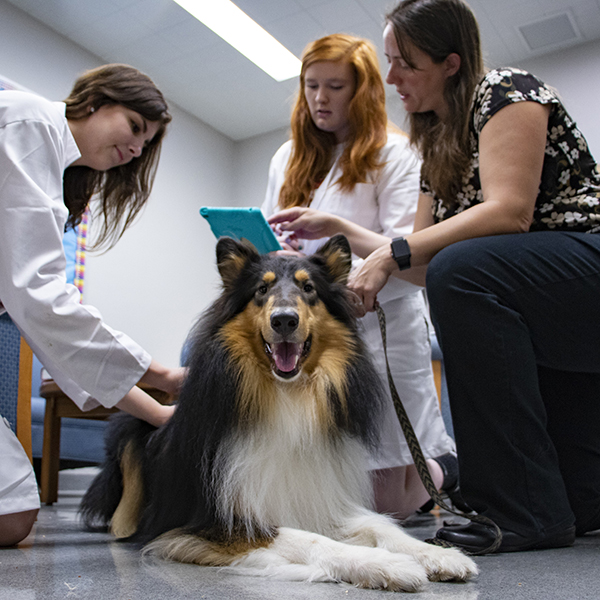Arts and humanities courses are vital in shaping a well-rounded education and play a crucial role in developing critical thinking skills among students. As universities like Harvard introduce innovative programs, the importance of introductory arts courses cannot be overstated. These courses not only engage first-year students but also provide them with the analytical tools necessary to understand complex cultural and philosophical issues. By nurturing creativity through classes in creative writing and humanities, institutions aim to counteract the declining interest in these fields. In a world filled with technological advancements, the intrinsic value of humanities education remains a beacon for students seeking to explore the depths of human experience and expression.
Courses within the disciplines of arts and humanistic studies are pivotal for fostering critical analysis and creativity in education. Programs that introduce students to subjects like art history, literature, and cultural studies encourage exploration and discussion among learners. Many colleges are taking steps to re-engage new students by revamping their first-year offerings, presenting a diversified curriculum that highlights the relevance of artistic expression and historical narrative. Creative writing classes, for example, merge literary analysis with personal storytelling, allowing students to delve deeply into what it means to communicate the human experience. This reimagining of introductory courses reflects a broader commitment to revitalizing interest in the humanities as an essential element of a holistic education.
The Importance of Introductory Arts Courses
Introductory arts courses play a crucial role in shaping students’ understanding of the humanities. These courses serve as a gateway for first-year students, providing them with the foundational knowledge and skills needed to appreciate complex themes in art, literature, philosophy, and cultural history. The new initiative at Harvard aims to refresh these introductory offerings, specifically focusing on engaging students at their academic entry point. By integrating various aspects of human expression, these courses hope to ignite a passion for the arts and humanities, even among those initially hesitant to explore these fields.
Furthermore, the introduction of diverse subjects like “Introduction to the Medical and Health Humanities” and “Culture in Context” allows students to explore the relevance of the humanities in contemporary society. This engagement is paramount, as it reassures students that the arts are not merely about studying past thinkers or artists but about connecting their philosophies to modern dilemmas. By cultivating a new generation of engaged thinkers through arts education, institutions like Harvard aim to revitalize interest in these critical fields that significantly contribute to our understanding of human experience.
Engaging First-Year Students in Humanities Education
Engaging first-year students in humanities education is essential for reversing the trend of declining enrollment in these disciplines. In today’s fast-paced world, students often gravitate toward more conventional career paths, unaware of the transformative power that a humanities education can offer. The initiatives proposed by Dean Sean Kelly and his team at Harvard look to address this by promoting introductory courses that are not only informative but also engaging and relevant to contemporary societal issues. The goal is to connect with students who may not have had the opportunity to explore their interests in the humanities during their high school years.
Moreover, the course offerings cater to a wide range of interests, ensuring inclusivity and appeal. With subjects ranging from creative writing to film studies, students can find channels that resonate with their passions and curiosities. The hope is that such tailored introduction courses will help first-year students develop critical thinking skills and a genuine appreciation for human culture and expression. By encouraging students to delve deeper into these subjects, educators aim to instill a sense of belonging and cultural awareness within the broader humanitarian discourse.
Harvard Arts Programs: A Model for Future Courses
Harvard’s arts programs stand out as a model for others to emulate, particularly in their approach to introductory courses. By rethinking how these subjects are introduced, faculty members are crafting classes that are not only comprehensive but also captivating. This evolution in course design directly addresses the shift in student interests and the need to make the humanities appealing to a tech-savvy, diverse student body. With programs tailored to address students’ aspirations and dilemmas, Harvard is taking the initiative to inspire a new wave of curiosity in the humanities.
Innovative course structures, such as combining literature with creative writing, help to bridge the gap between reading and writing—two foundational elements of a strong humanities education. Such approaches are not only practical but also resonate with students seeking to navigate their own narratives amid a rapidly changing world. As Harvard continues to refine its arts programs, the goal is to create a more engaging curriculum that highlights the relevance and necessity of the humanities in today’s society.
Reinventing Humanities Curriculum for Student Engagement
The reinvention of the humanities curriculum is essential for optimizing student engagement and participation. Faculty members are putting forth significant effort to ensure that the courses represent a modern understanding of humanity’s narratives. By encouraging interdisciplinary connections, such as exploring the philosophical implications of health in the new medical humanities course, students can appreciate the practicality of their studies while examining larger existential questions. This focus on engaging students in meaningful dialogues about humanity aligns with the broader mission of higher education to develop informed and empathetic citizens.
Additionally, the redesigned curriculum addresses historical disenfranchisements and seeks to incorporate diverse voices into the conversation. By questioning who defines ‘great works’ and what texts are deemed essential, the new program aims to make the humanities more inclusive and reflective of the diverse society we inhabit. This not only serves the student body better but also enriches the humanities field as a whole, promoting a culture of inquiry and open-mindedness that can help navigate the complexities of contemporary life.
Creative Writing and Its Place in the Humanities
Creative writing holds a vital position in the humanities, fostering a unique understanding of human experiences through narrative form. By focusing on the interplay between literary analysis and writing practice, students are empowered to become more thoughtful interpreters of texts while also crafting their own stories. This dual approach encourages a deeper appreciation for the art of storytelling and the critical analysis that accompanies it. As they engage with diverse literary voices, students gain insights into the cultural contexts that shape various narratives, enriching their understanding of both literature and humanity.
The collaborative efforts of instructors in introducing creative writing courses emphasize the importance of narrative in shaping personal identity. As expressed by faculty, the process of learning to articulate one’s own story and absorb the stories of others is critical to developing a richer understanding of human existence. With focused courses, first-year students can explore technical writing skills while simultaneously engaging with profound themes of existence, connection, and creativity. This integration not only enhances their academic experience but also cultivates a lasting appreciation for the humanities.
Transformative Potential of the Humanities
The transformative potential of the humanities cannot be understated in an educational context. As Dean Sean Kelly emphasizes, the goal of the newly proposed introductory courses is not simply to fulfill academic requirements, but to inspire genuine interest among students. By exploring deep philosophical, cultural, and artistic questions, students are invited to engage with the very fabric of human experience. This engagement can foster critical thinking, empathy, and a better understanding of themselves and the world around them—attributes that are increasingly essential in today’s global society.
Moreover, by prioritizing the intrinsic value of the humanities, educators are helping students to recognize the importance of these disciplines beyond mere vocational preparation. Highlighting the role of literary masterpieces and philosophical dialogues in shaping societal values encourages a more profound appreciation for cultural heritage. Overall, this initiative at Harvard represents a commitment to enriching students’ lives through a comprehensive education in the arts and humanities, potentially setting them on paths of lifelong exploration and contribution.
Navigating Career Paths with a Humanities Education
Navigating career paths with a humanities education offers students invaluable perspectives in a competitive job market. Despite perceptions that humanities graduates may face limitations in career opportunities, these disciplines equip students with critical transferable skills such as writing, analytical thinking, and ethical reasoning. As institutions like Harvard enhance their humanities curriculum, they not only prepare students for traditional roles in academia and education but also foster innovative thinkers suitable for various fields including business, technology, and public service.
By emphasizing the relevance of humanities skills in diverse career avenues, the restructured introductory courses can help alleviate students’ concerns about employability. In highlighting real-world applications of their studies, educators seek to demonstrate how understanding human experiences, narratives, and cultural contexts is imperative in creating effective leaders and informed citizens. As many employers seek candidates with strong communication and problem-solving abilities, a humanities education provides a solid foundation for success across multiple sectors.
Broadening Perspectives through Interdisciplinary Studies
Broadening perspectives through interdisciplinary studies can significantly enhance students’ educational experiences in the humanities. The introduction of new courses underlines the importance of integrating various subjects, allowing students to explore the intersections between different fields such as literature, philosophy, and the arts. This holistic approach not only enriches students’ learning but also fosters an appreciation for the complexity of human existence, encouraging them to think critically about various cultural narratives and practices.
Furthermore, by coupling traditional humanities teachings with modern themes—like technological impact on humanity or migration narratives—students are better prepared to confront contemporary challenges. This interdisciplinary approach simultaneously broadens their knowledge base while reinforcing the idea that issues faced in the present day often transcend individual disciplines. Such educational innovations can empower graduates to approach problems with a comprehensive, holistic mindset, vital for effective engagement in a multicultural and interconnected world.
Promoting Cultural Literacy through Arts Education
Promoting cultural literacy through arts education is at the heart of the introductory courses being established at Harvard. By immersing students in various forms of artistic expression, they gain a deeper understanding of cultural contexts and the historical significance of artistic movements. This deep engagement with the arts facilitates an appreciation for the diversity of human thought and creativity, crucial for fostering intercultural dialogue and empathy in an increasingly globalized society.
As students reflect on artistic expressions, they also develop critical skills in interpretation and analysis that are essential not only in academic settings but also in everyday life. The emphasis on cultural literacy empowers students to navigate complex social landscapes, enabling them to participate meaningfully in discussions around art and culture. By fostering a greater appreciation of the arts, universities can cultivate a generation of culturally literate individuals who recognize the shared values that underpin diverse communities.
Frequently Asked Questions
What introductory arts courses are available for first-year students at Harvard?
Harvard offers several new introductory arts courses specifically designed for first-year students, focusing on various aspects of the humanities. These include courses like ‘Introduction to the Medical and Health Humanities’, ‘Culture in Context’, and ‘Migration and Border Crossing in Film and Photography’. This initiative aims to engage students more deeply in their humanities education.
How do Harvard arts programs encourage students interested in humanities education?
Harvard arts programs encourage students interested in humanities education by launching a range of engaging introductory courses that connect with students’ interests. This initiative, led by Dean Sean Kelly, aims to counter declining enrollment in the humanities and inspire first-year students to explore topics such as philosophy, literature, and creative arts through innovative curricula.
What changes are being made to engage first-year students in humanities courses?
To engage first-year students in humanities courses, Harvard is introducing nine new introductory humanities classes that focus on contemporary issues and fundamental questions about humanity. These carefully curated courses are designed to foster a welcoming and stimulating learning environment, enhancing students’ connections to the arts and humanities.
How does creative writing fit into Harvard’s humanities curriculum for first-year students?
Creative writing plays a significant role in Harvard’s humanities curriculum for first-year students, as exemplified by the course ‘Reading for Fiction Writers’. Co-taught by faculty from the English department, this course emphasizes the integration of analytical reading and creative writing techniques, helping students appreciate the craft behind narrative creation.
What is the goal of Harvard’s initiative to revamp introductory arts courses?
The goal of Harvard’s initiative to revamp introductory arts courses is to rekindle interest among first-year students in the humanities by providing more engaging and relevant content. This effort seeks to highlight the intrinsic value of the arts and humanities, ensuring that students can draw meaningful connections to their own lives through their studies.
Why do first-year students struggle with declaring humanities concentrations at Harvard?
First-year students often struggle with declaring humanities concentrations at Harvard due to a lack of effective introductory courses that resonate with their interests and experiences. The initiative led by Dean Sean Kelly aims to address this by designing courses that engage students and convey the significance of the humanities in understanding human experiences and cultural issues.
What types of topics will be covered in introductory humanities courses at Harvard?
Introductory humanities courses at Harvard will cover a wide range of topics, including philosophy, cultural studies, and creative writing. Students can expect to explore concepts like metaphor, consciousness, and language structures, providing a foundational understanding of the humanities that will aid them in their future studies.
How does the humanities education at Harvard differ from other disciplines?
Humanities education at Harvard differs from other disciplines in its focus on understanding human experiences and cultural expressions through literature, philosophy, and the arts. While technical fields emphasize quantifiable knowledge, the humanities invite students to contemplate existential questions and develop critical thinking skills essential for navigating complex societal issues.
| Key Points | Details |
|---|---|
| Introduction to Arts and Humanities Courses | Nine new introductory courses are being launched to engage first-year students. |
| Declining Enrollment | Only about 12% of new students express interest in arts and humanities, with half changing their minds. |
| Curriculum Inspiration | Inspiration drawn from Philosophy’s increased engagement by focusing on fundamental human questions. |
| New Course Offerings | Courses cover various topics, including medical humanities, migration, technology, and creative writing. |
| Interdisciplinary Approach | Emphasis on combining analysis and creative processes to enhance comprehension and narrative skills. |
| Intrinsic Value of Humanities | Courses aim to emphasize the intrinsic worth of the humanities rather than just their practical application. |
Summary
Arts and humanities courses are being revitalized with new offerings designed to better engage first-year students at Harvard. The introduction of nine innovative courses aims to counter the decline in interest in these disciplines by connecting students to the intrinsic value of the arts and humanities. By focusing on fundamental questions of humanity and promoting interdisciplinary learning, these courses not only aspire to enhance enrollment but also intend to provide a transformative educational experience that resonates deeply with students and enriches their understanding of culture.

